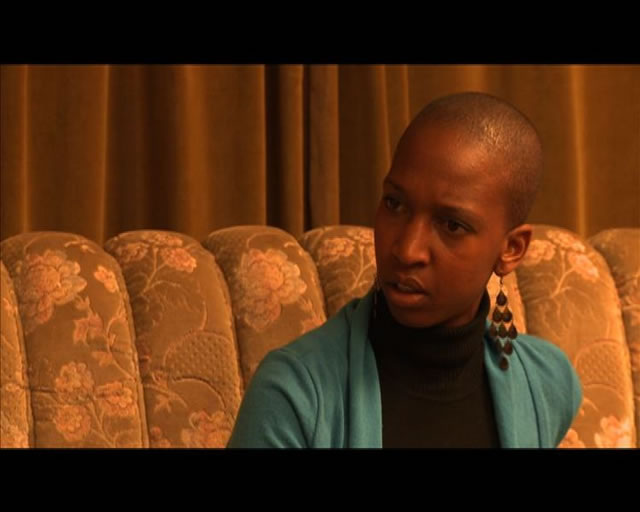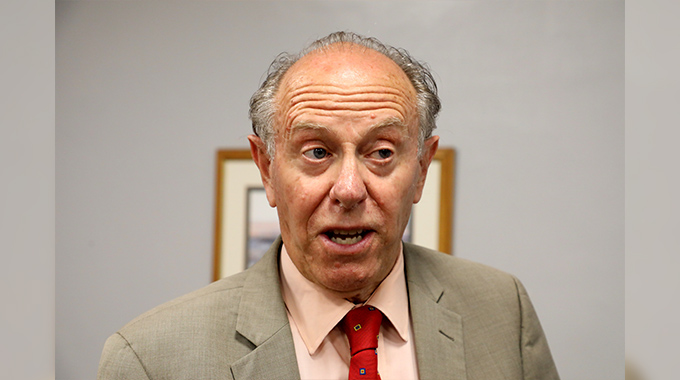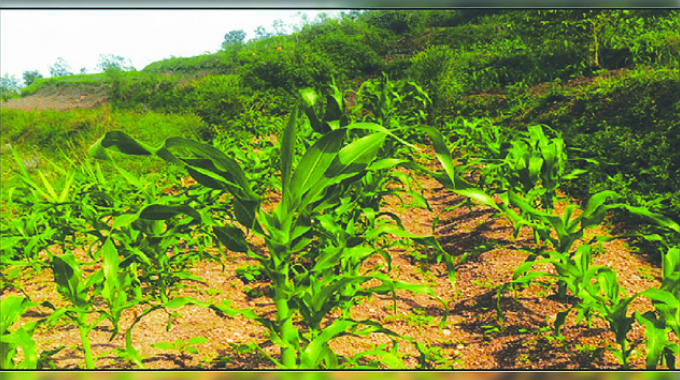Karanga, Kalanga originally from the same area?
It is easy to note the linguistic similarities between Kalanga and Karanga languages. Ordinarily, where the Karanga use the letter “r” in a word, the Kalanga use “l”. This linguistic relationship, some historians argue, suggests that the Karanga and Kalanga peoples are related, and at some point in history were one group of people that spoke the same language and possibly lived in the same area. While their languages sound similar, spatially however, the people live at least 200km apart – the Kalanga inhabit parts of Kezi and Plumtree while the Karanga are dominant in Masvingo, and the southern to central parts of Midlands.
It is not exactly known at what point they went so much apart, but some argue that it must be in the early 1830s when a then militarily powerful Ndebele people chose to settle on the Zimbabwe plateau, sending the weaker now Karanga and Kalanga fleeing to the east and west respectively. After they were splintered, their common language assumed slight differences over time. There is debate, however, why there has been the specific lexical shift of “r” and “l”.
Prominent historian, Mr Pathisa Nyathi argues that indeed there is a historical relationship between the two peoples dating back centuries ago. Then, he said, the land stretching from the Kalahari Desert in Botswana to Mozambique, was occupied by a people with a common ancestry and language – Kalanga.
“In Zambia, there are the Lozi (Rozvi in Shona); we have the Nambya in western Zimbabwe, and the Kalanga who had a number of dialects like the Vahumbe, Batalaunda, and VaJahunda in the Gwanda area. The Karanga and various other groups that are now known as the Shona are part of that group.”
It was a vast group of people; he said, whose lifestyle was characterised by the building of stone structures, first at Mapungubwe near the confluence of the Shashe and Limpopo rivers to the south in present day South Africa. These people were migrating from South Africa northward, through Botswana, he said. The Mapungubwe Kingdom, Mr Nyathi said, built the first organised state in southern Africa around AD 1000 before they moved northward again to and over time built the Great Zimbabwe Monument, a more impressive metropolis than Mapungubwe.
Between AD1200 and 1500, the Kalanga-speaking people reigned at Great Zimbabwe in Masvingo until it collapsed, resulting in another trek to the west to establish Khami, another stone-walled city. There the Torwa State reigned. Mr Nyathi argues that the word “torwa” indicates a possible reason why the people moved westward. Environmental degradation could be one of them, but a more compelling factor could have been a succession struggle that degenerated into a bloody civil war.
“The Kalanga and Karanga both say ‘togwa’ meaning we are fighting or simply fighting,” he said.
“The Kalanga and Karanga descended from the same stock. They are one people. The initial language was Kalanga but because the Kalanga haven’t written their history, we have lost a lot of information.”
Professor Thomas Huffman, chairman of the Wits School of Archeology, Geography and Environmental Studies argues that Kalanga was the language of the Mapungubwe Kingdom. The Karanga dialect, he said, could have emerged from Kalanga as a result of influence from Zezuru.
He said the Karanga and Kalanga are dialect clusters within the larger Shona language family. He said Kalanga at one time covered a much larger area before Ndebele incursions in the 1930s scattered the people around.
“You might be interested to know,” said Prof Huffman from South Africa, “that a Kalanga dynasty was probably the leaders at Mapungubwe on the Limpopo River in the 13th century, and a Karanga dynasty probably led the people at Great Zimbabwe.
The Kalanga dynasty at Khami (near Bulawayo) appears to have out-competed Great Zimbabwe at about AD 1450 and the leaders at Great Zimbabwe appear to have gone north to become the famous Mwene Mutapa dynasty.”
Prof Huffman’s argument that Karanga emerged from Kalanga is a question of considerable contestation, as some historians say Kalanga is, in fact a derivative of Karanga. Kalanga emerged as a result of corruption of Karanga by the invading Ndebele people, in whose language the letter “l” is common.
Karanga and Kalanga words that sound basically the same include body parts -“mpimbila” in Kalanga, (mupambare in Karanga and other Shona dialects, shin in English), “chibvi” (bvi in Karanga, knee in English), “ntumbu” (dumbu in Karanga and other Shona dialects). In addition to similarities language, there are many common totems between the people such as Hungwe, Moyo, Chuma, Zhou and so on. Both peoples also worshipped the same deity, Mwari/ Mwali.
Mr Saul Gwakuba Ndlovu, a retired journalist once worked in the 1960s as a researcher in social anthropology among the Kalanga. He argues that Karanga and Kalanga peoples are historically one group. He said Kalanga was spoken along Macloutsi River in Botswana to Gwilo (now Gweru). To the east of Gwilo, Karanga was the language.
The name Zimbabwe, he said, is a corruption of the Karanga/Kalanga term “dzimbabwe” (houses of stone). When white settlers were settling in the territory that is now Zimbabwe, they were assisted by Zulu, Sotho or Xhosa whose languages, Mr Ndlovu said, do not have a strong letter “d”.
He said when he visits his uncle in Zaka, Masvingo, he speaks in Kalanga and he speaks in original Karanga with a heavy Rozvi accent.
“The situation was disrupted in the 1820s as a result of Swazi raiders who did not come to defeat the people of that area and take over their territory but to capture foodstuffs, especially livestock,” he said.
In one such Swazi raid around 1831 and 1832, a large group of BaKalanga fled the Matopo area under Ntinima (Mutinhima in Karanga, a MuRozvi and son of King Nechasike whose original name was Chilisamhulu in Kalanga or Chirisamhuru in Karanga) and settled in the Buhera area. These people frequently came back to Matopo at Njelele for religious purposes. It was easy for them to move because there were no boundaries at that time.
“When the Ndebele came,” said Mr Ndlovu, “the Karanga were being raided by the Ndebele army that was controlled by Kalanga boys. So the Karanga were saying, ‘oh they are already Ndebele’ referring to the Kalanga soldiers. You must understand that the Ndebele army was predominantly BaKalanga raiding their cousins in Karangaland.”









Comments